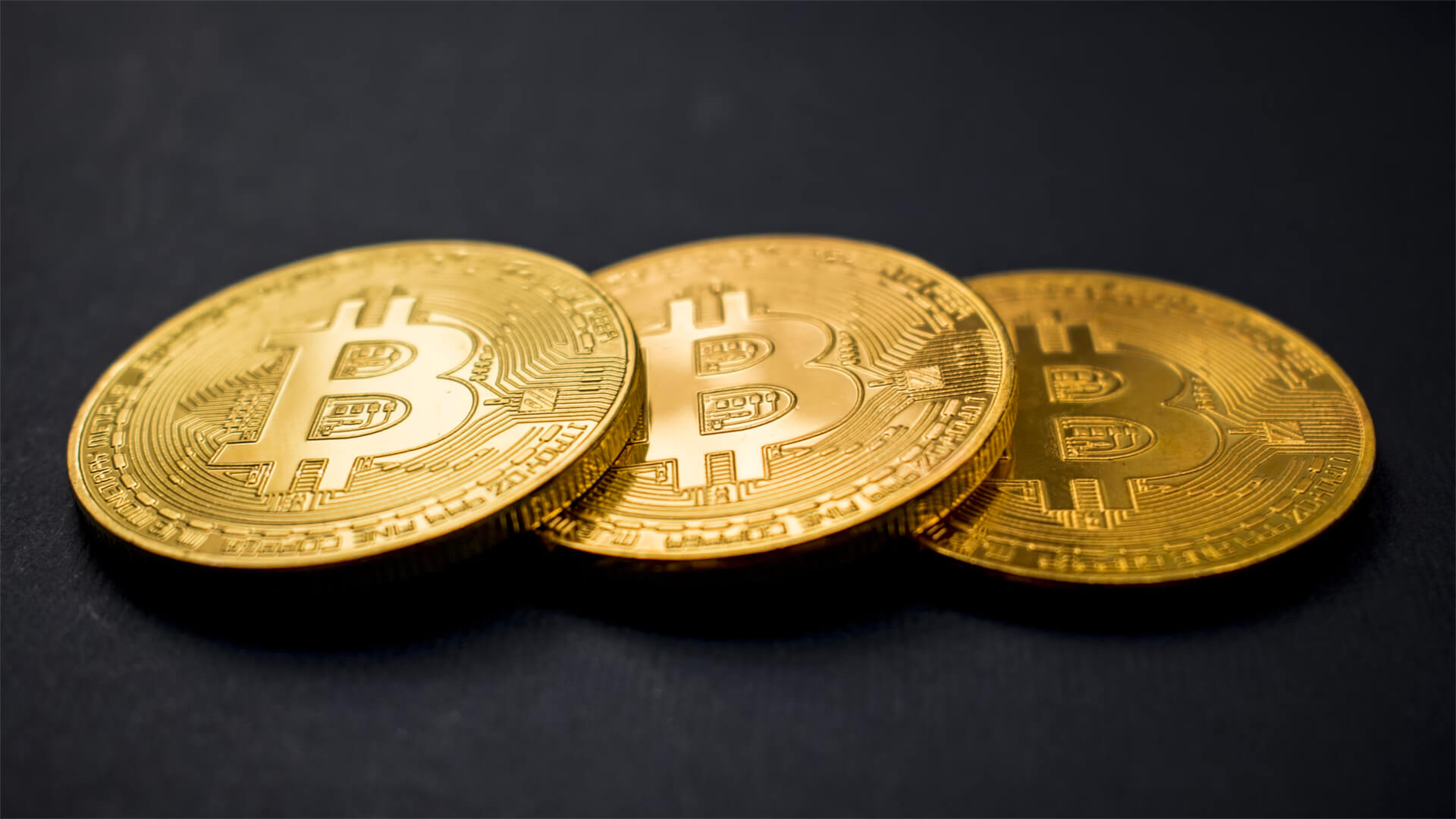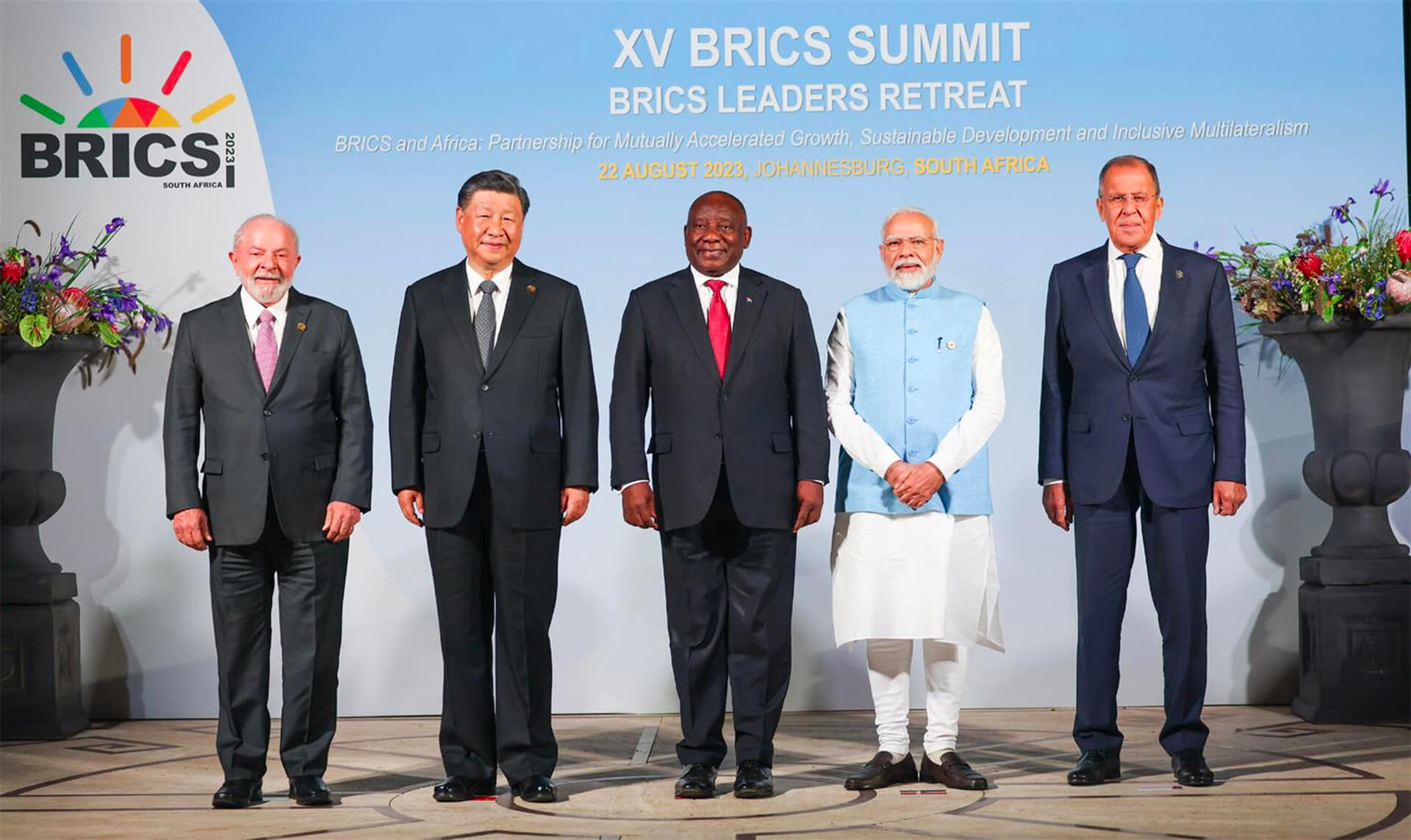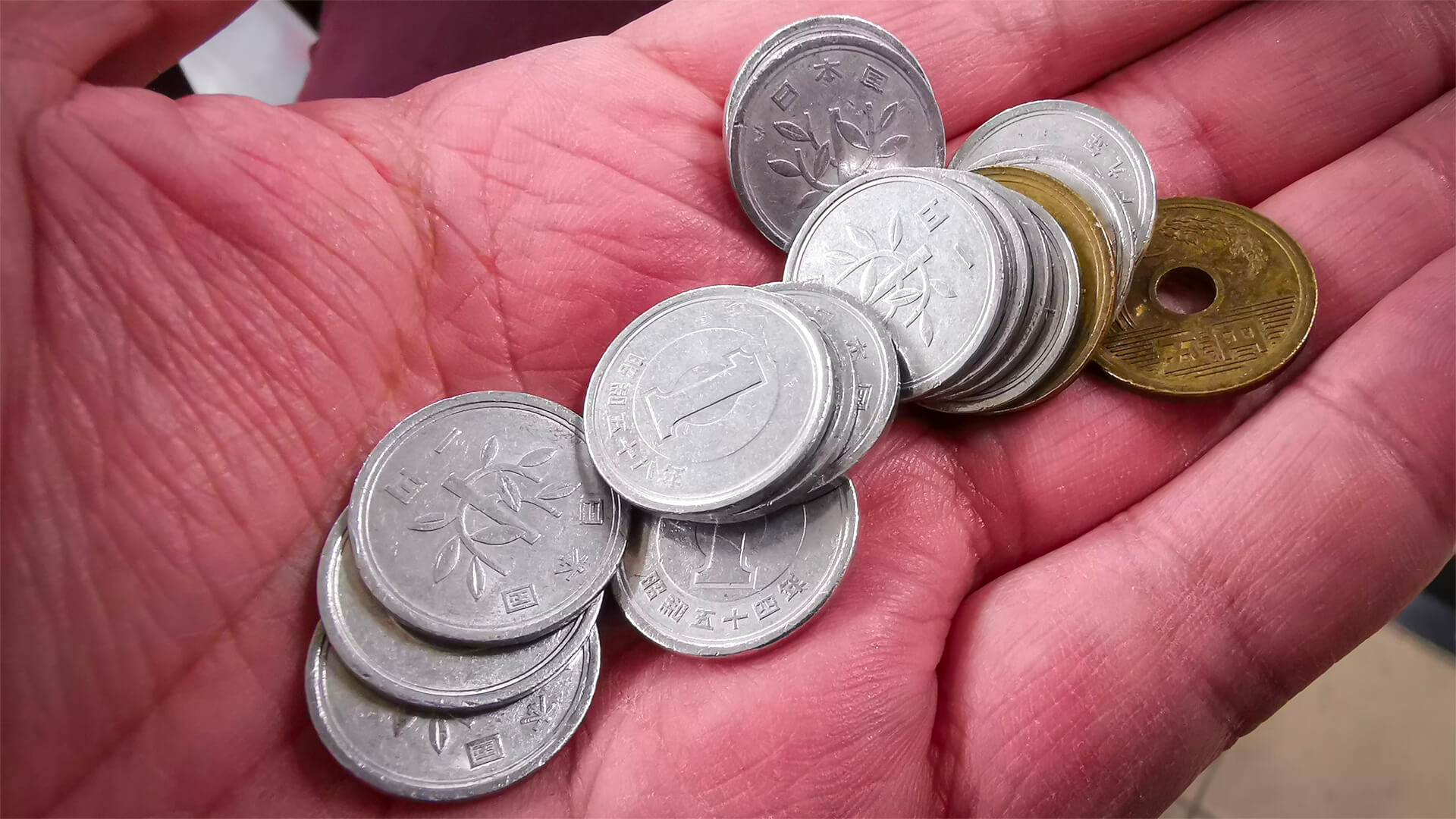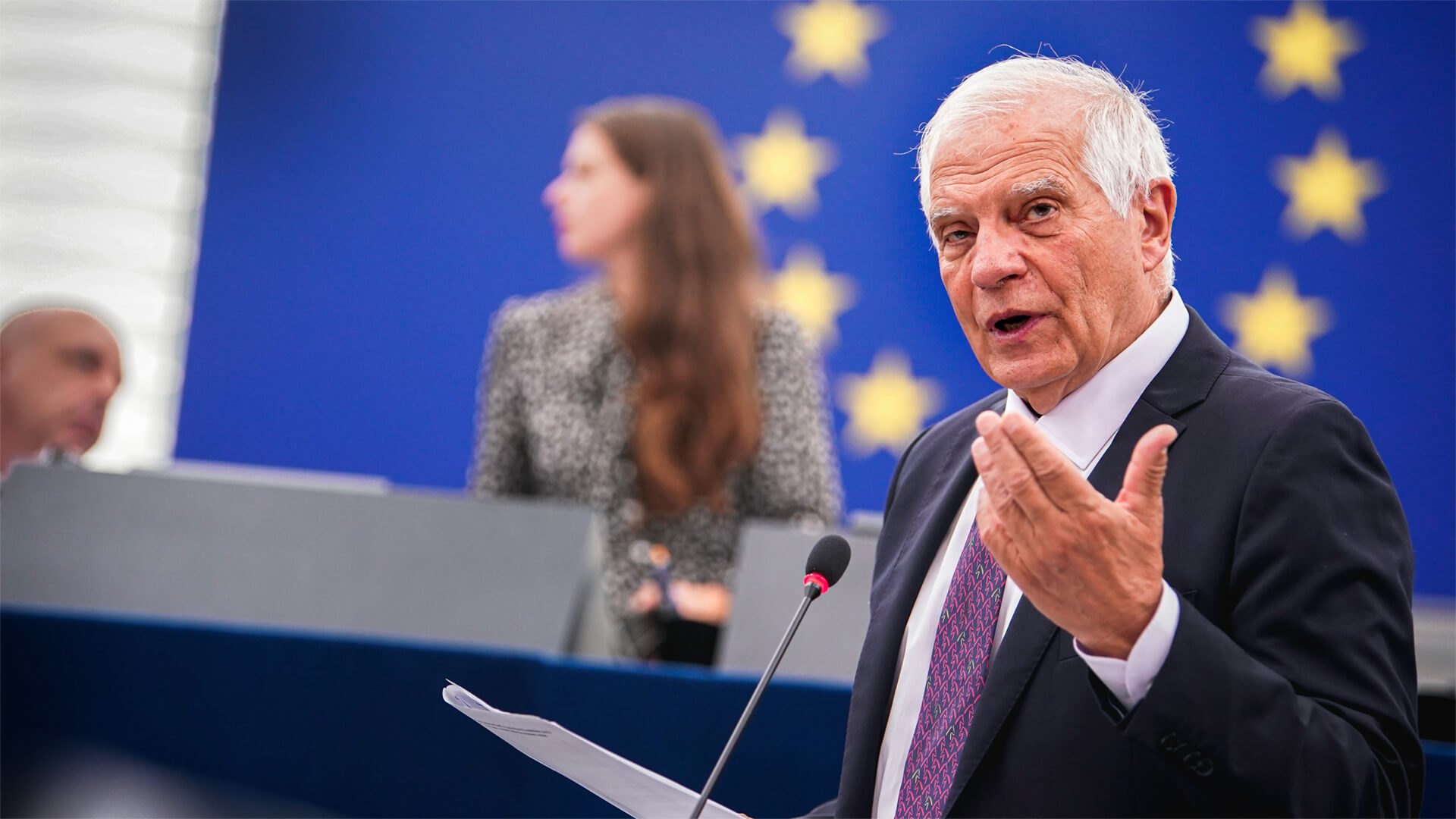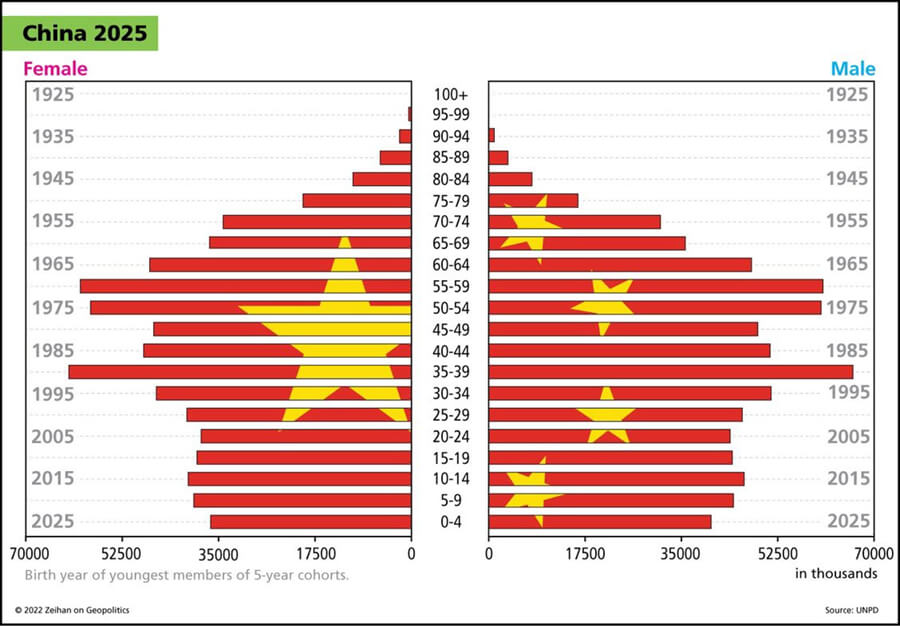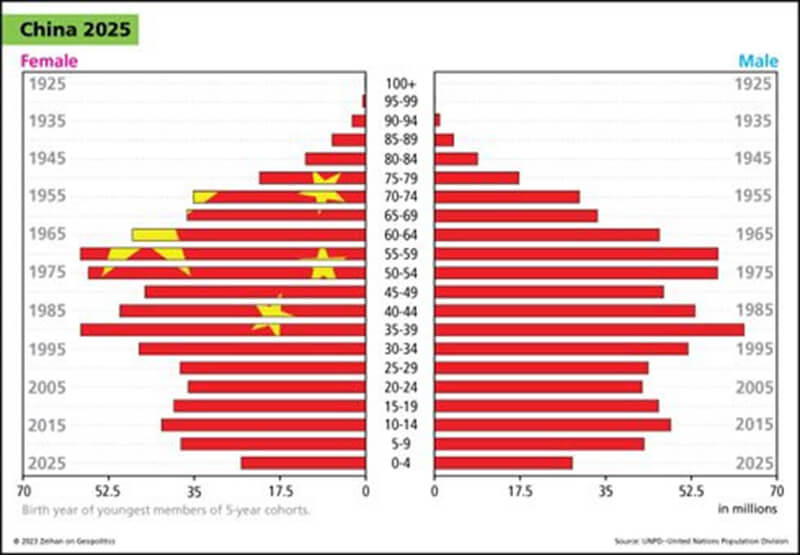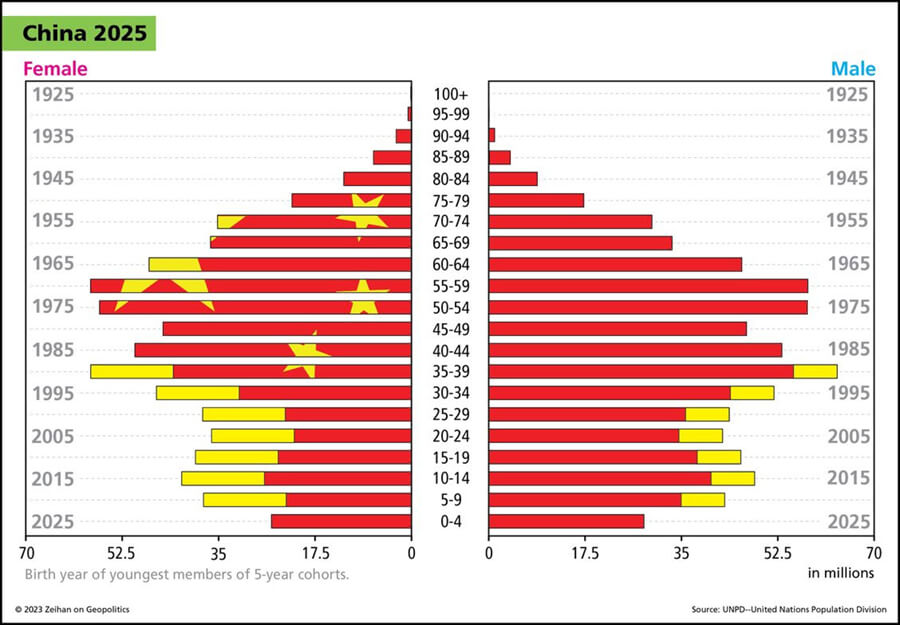The super moon (or blue moon or whatever it was) didn’t have just the animals stirring last night…and since I couldn’t sleep, I figured we should talk about Ukraine’s recent drone attack and its ramifications.
While Ukraine being able to strike deeper inside Russia’s border is a significant strategic win, I’m not just up late thinking about the damage they inflicted. As Russia continues to face more and more attacks like this, the ability to defend and uphold its national coherence is now threatened.
Russia is a multi-ethnic empire; it expands and absorbs territories until it reaches defensible natural geographic barriers. The Ukraine War is just another example of this in practice (and success would mean delaying Russia’s demographic collapse). However, as dissent bubbles up amongst these various ethnic groups, what happens if Russia can no longer monitor and put the lid on it immediately? How could it possibly project power outside its borders?
The Russians aren’t the only ones feeling the heat after this drone attack. When a country like Ukraine can practically walk into a Walmart and get what it needs to launch a large-scale assault, that’s one heck of a conversation starter for the Pentagon.
Once the US amasses a – flock – of drones, they’ll have another way to attack the Chinese navy should they need to. The irony is that most drone parts come straight out of China. So the Chinese could stop exporting this stuff and hurt their economy, OR they could continue handing over the very thing that might end them. I’d say that was worth waking up for…
Here at Zeihan On Geopolitics we select a single charity to sponsor. We have two criteria:
First, we look across the world and use our skill sets to identify where the needs are most acute. Second, we look for an institution with preexisting networks for both materials gathering and aid distribution. That way we know every cent of our donation is not simply going directly to where help is needed most, but our donations serve as a force multiplier for a system already in existence. Then we give what we can.
Today, our chosen charity is a group called Medshare, which provides emergency medical services to communities in need, with a very heavy emphasis on locations facing acute crises. Medshare operates right in the thick of it. Until future notice, every cent we earn from every book we sell in every format through every retailer is going to Medshare’s Ukraine fund.
And then there’s you.
Our newsletters and videologues are not only free, they will always be free. We also will never share your contact information with anyone. All we ask is that if you find one of our releases in any way useful, that you make a donation to Medshare. Over one third of Ukraine’s pre-war population has either been forced from their homes, kidnapped and shipped to Russia, or is trying to survive in occupied lands. This is our way to help who we can. Please, join us.
Transcript
Hey Everyone. Peter Zeihan here coming to you from Colorado. It is early in the morning on August 31. It’s the supermoon and the woods are kind of crazy with the animals. And I couldn’t sleep. And whenever I can’t sleep, I just kind of let my mind wander and see where it goes. So I’ll let you to be the judge of whether this makes any sense or not.
Yesterday, my time on the 30th, the Ukrainians launched their largest ever drone assault on Russian positions across the length and breadth of western Russia. At least a half a dozen different locations, some of which were several hundred miles from the Ukrainian border, doing a moderate amount of damage to a few things and taking out some long range aircraft, specifically the aisle 76 long range transport aircraft that the Russians use to transport paratroopers.
They’ve been building in terms of their drone attacks, doing more and more, further and further. And a couple of weeks ago, they took out a couple of backfire bombers, which are long range bombers, which launch long range cruise missiles which were designed to shoot an American carrier, battle groups and military convoys in the North Atlantic. You know, all very long range aircraft, strategic aircraft.
And it occurs to me as I was lying there in bed, that we may have had a turning point in the war, not on the Ukraine front, but on every other front that matters. Well, let me kind of dial that back and explain what I mean. Russia is not a normal country. It’s not a unitary republic like France or a federated country like the United States.
Instead, it’s a multiethnic empire. The Russians have never really had territory that is, from their point of view, secure. So what they do is they expand through the flats of Western Eurasia, absorbing ethnic group after ethnic group, until they reach a series of geographic barriers that you can’t push through easily, like the Carpathians. So this is one of the reasons why I’ve always thought that this war in Ukraine was inevitable, because the Russians are trying to rebuild that outer crust of defense that they had during the Cold War and with their own demographic decline.
If they don’t do this while they still are able to field a large army, they are looking at collapse over the course of the next 10 to 30 years. This is all about buying time for them. So from a strategic point of view, the war makes sense. A lot of sense. That logic works both ways. However, in order to maintain control of a multiethnic empire, you have to have a really deep intelligence system that monitors the population for any sign of dissent, and then you rapidly rush troops to any areas where there is a rebellion in order to quash them, which means that the Russians don’t simply need a long range power projection capability in
order to fight Naito or China or Japan or anyone else. They need it simply to hold their country together. And over the course of the last month, especially on the 30th, the Ukrainians have demonstrated that the strategic deployment assets, those IL 76 is those backfires that the Russians need simply to maintain their national coherence are now being threatened.
So everything that I’ve said about the Ukraine war to this point I think still stands. But we now need to consider that an aspect of the Ukraine war is that Ukraine is demonstrating that Russia proper might not be sustainable, even if they win the war in Ukraine. And that is something that has got to have a lot of people in a lot of capitals stroking their chins thoughtfully, because the Ukrainians didn’t do this with neater weaponry.
The United States, NATO’s, everyone else, the refusing to provide the Ukrainians with weapons that could be used for deep strike capability within Russia because they don’t want to risk any sort of nuclear exchange. This Ukraine did this by themselves and Ukraine did not start this war with a drone fleet, much less a long range one. This is stuff that they built with off the shelf commercial components, primarily from China.
You know, irony of ironies. And if you can do that by basically shopping at Wal-Mart, then the stability, the very existence of the Russian state is all of a sudden called into very serious question just from an internal coherence point of view. And there’s issues about this that carry over outside of the theater of the Ukraine war, Russia.
I mean, I’m talking here about China because over the course of the last couple of days, there’s been a lot of noise out of the American Pentagon, specifically from Admiral Hicks, about something called the Replicator initiative, which is to take off the shelf inexpensive commercial grade drone technology and make literally thousands, if not tens of thousands of attack drones that can be used to basically sink the entire Chinese navy.
They’ve seen in Ukraine how effective the strategy can be. Supposedly, they’ve already built the technical specs for what they want and they hope to have the entire fleet deployed in under two years. Now, a couple of things to remember about the Chinese side of things. Yes, the Chinese have a very large navy in terms of number of ships about twice the size of the American Navy.
Now, the American Navy still outclasses it. We have much larger ships with much larger ranges, and most of them are centered around the aircraft carrier battle groups. China has nothing like that. But the biggest restriction the Chinese face is the ability to operate far from shore. About 90% of the ships can’t operate more than a thousand miles. So you’re talking about most of them operating within the first island chain of Japan, Taiwan, the Philippines and so on.
That the East China Seas. The South China Seas. Well, if the United States has these long range legacy ships that can operate over a thousand miles from their adversaries and just poke at them first with fighter craft and with bombers and now apparently with drones. And you’ve basically turned the entire East Asian littoral into a graveyard for the entire Chinese navy.
The biggest problem is Admiral Hicks point out, is that the Chinese have mass a lot of ships, a lot of people. But if you throw a thousand drones out and all of a sudden that’s not so much of a problem. And the irony of ironies, the Americans are going to be using off the shelf, commercially available drone tech for this.
Most of that comes from China. So the U.S. military is going to be mass sourcing from China, the very systems that are necessary to end China. And the only way that China could stop that is by stopping exporting drone parts, which would mean, you know, destroying a section of their economy right now, which we would probably be fine with if that is the retaliation.
The United States gets a lot of crap sometimes for good reason for investing in weapons systems that maybe were designed to fight the previous war. But the Chinese have done that too, and they now have a very large fleet of vessels that is simply incapable of dealing with the American military as it is now, much less one that might have additional backbone because of something like the Replicator initiative.
Okay. I’m going to go try to sleep again now. I hope everybody has a great night. Take care.


